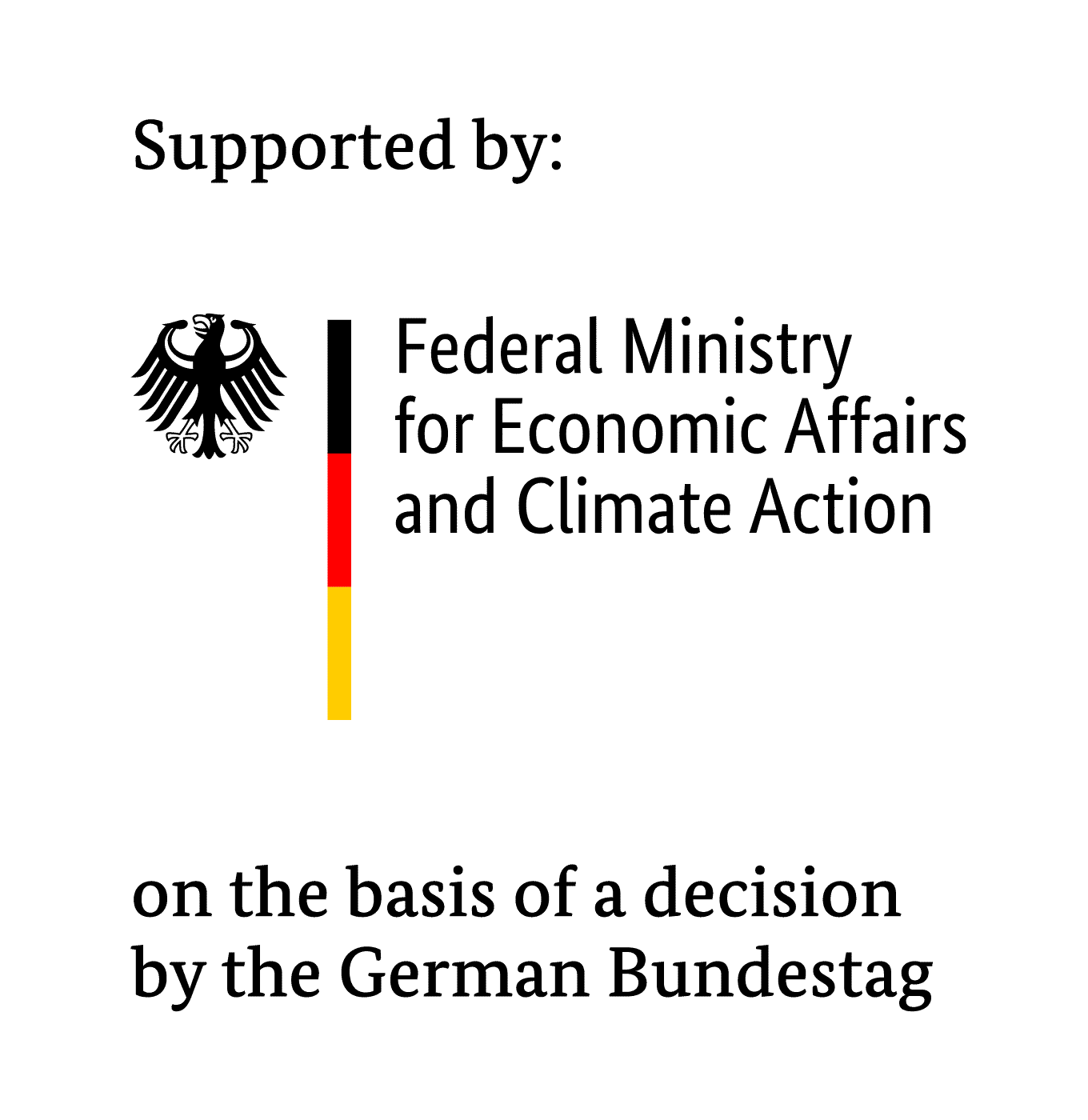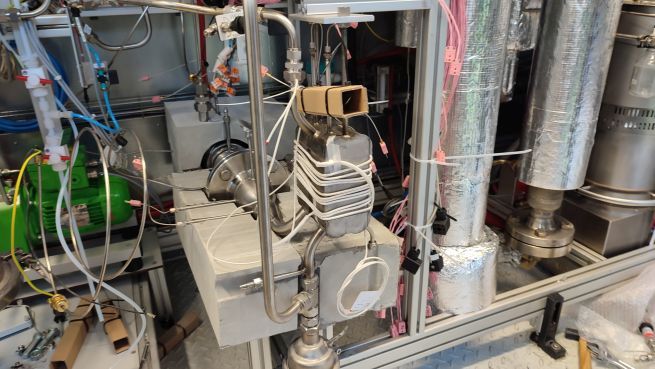Successful plant optimization for the alternative use of biogases
14 June 2024 – The production of high-purity methanol from biogas was successfully demonstrated for the first time in the “GreenBee” research project in the configuration with autothermal reforming and the integration of water and oxygen from electrolysis. Compared to a previous project, the methanol yield has shown an eight-fold increase. The eesearch institutes Forschungsinstitut für Wasserwirtschaft und Klimazukunft an der RWTH Aachen e. V. and OWI Science for Fuels gGmbH have, based on an existing FiW methanol synthesis plant at the Emschermündung sewage treatment plant, jointly set up a demonstrator to study optimizing process biogas to methanol synthesis.
The findings from the studies with respect to real-time operation of the demonstrator plant, particularly the opportunity to compare practical results with preliminary theoretical work along with associated research into ancillary operational activities are important building blocks essential for successful scale up of the methanol synthesis pilot process.
In the demonstration plant, artificially produced biogas was further processed into methanol in a specially developed biogas-to-methanol process, which essentially consists of two sub-steps:
In the first step, the biogas was mixed with water and oxygen and converted into synthesis gas through reforming. To this end, the OWI has developed a new approach for the autothermal reforming of biogas. This type of reforming combines the processes of partial oxidation and steam reforming- resulting in an optimization of efficiency. The synthesis gas from the reforming process was enriched with hydrogen and catalytically converted to methanol in a second step in a process adapted by FiW. The hydrogen can be produced regeneratively and the oxygen, which is produced as a by-product, was partly used to optimize the reforming process. The demonstration of this process concept with the coupled operation of the reformer and the methanol synthesis could be realized in the pilot plant.
Optimized biogas-to-methanol process
In comparison to a prior project in this field, the partners were able to significantly improve the biogas-to-methanol process. The methanol yield during operation of the pilot plant increased from a maximum of 1.96 to 16 molmethanol/(kgcat*h), which subsequently resulted in the eight- fold increase in production. An important contribution to the increased yield was made by a new gas recirculation pump in the methanol synthesis plant, which enabled near-industrial gas velocities in the reactors. Nevertheless, the overall conversion of biogas to methanol did not yet meet the requirements for the commercial production of methanol. This was mainly due to the insufficient activity of the catalyst in the methanol synthesis. In a follow-up project, the use of a commercial catalyst is planned to further to overcome this challenge.
The compact design of the demonstration plant in a container allows it to be used under a wide variety of conditions with changing locations, which enables it to be applied in further research projects with other partners and different reactants. It could conceivably be used in waste management on landfills or at thermal waste recycling plants or at biogas plants outside the water industry.
The research and development project with the funding code 49VF190058 was funded as part of the INNO-KOM program by the Federal Ministry of Economics and Climate Protection on the basis of a decision by the German Bundestag.








